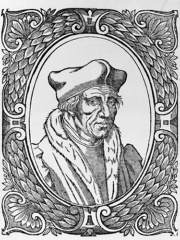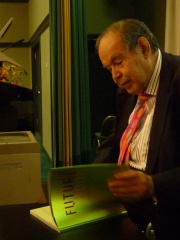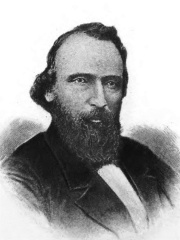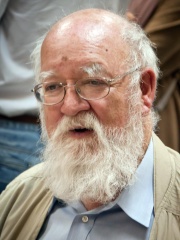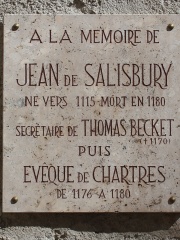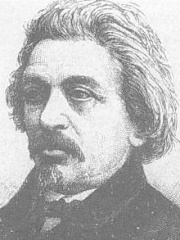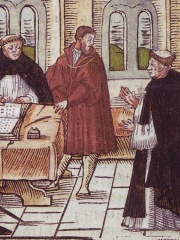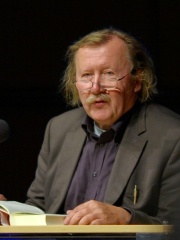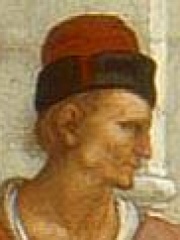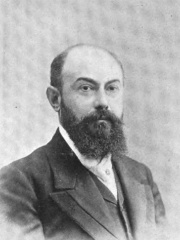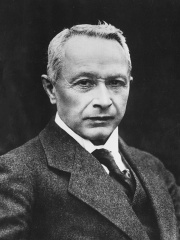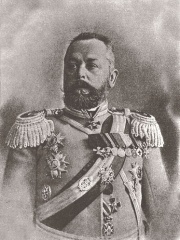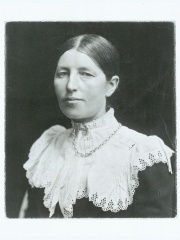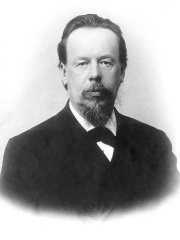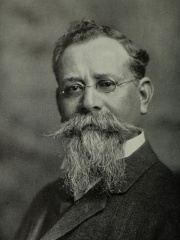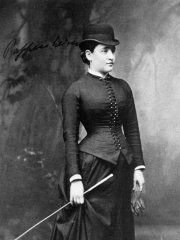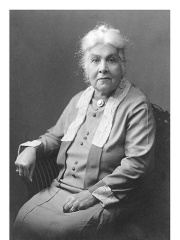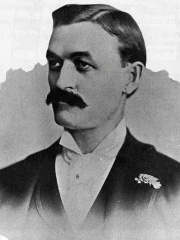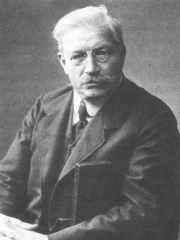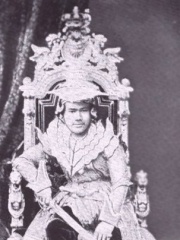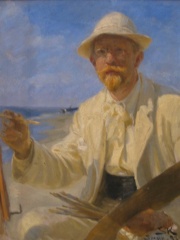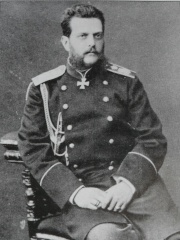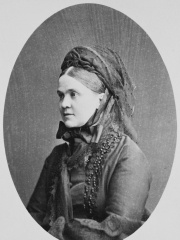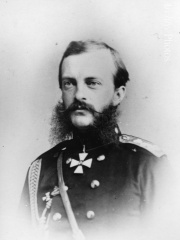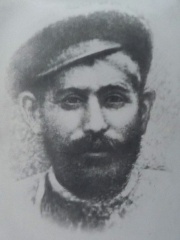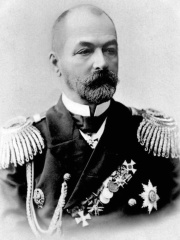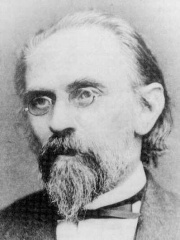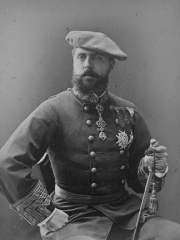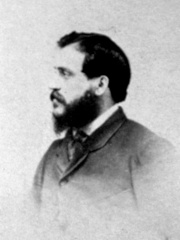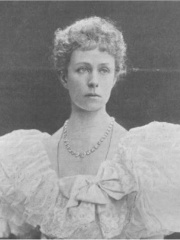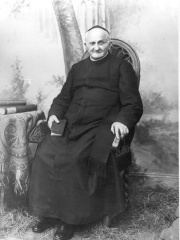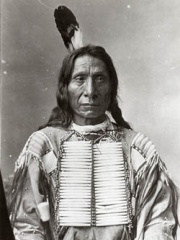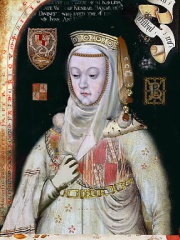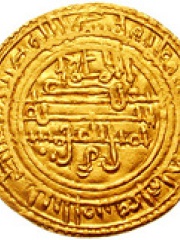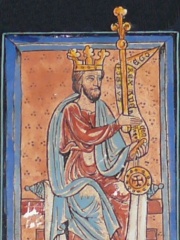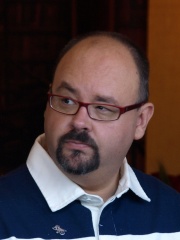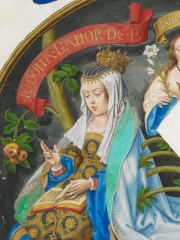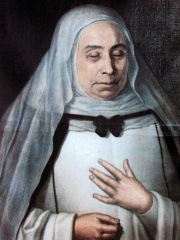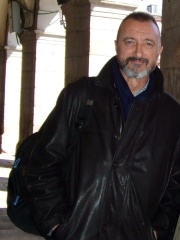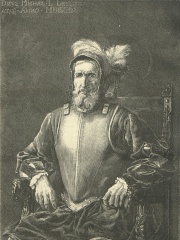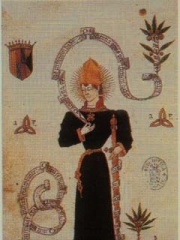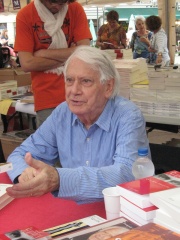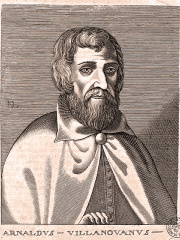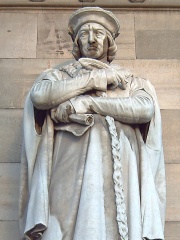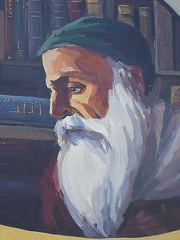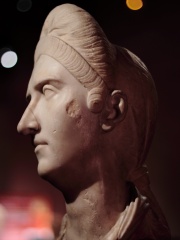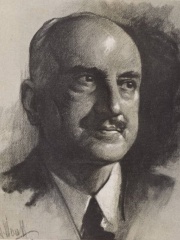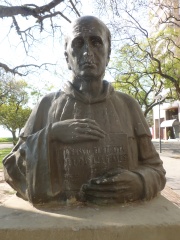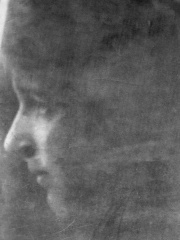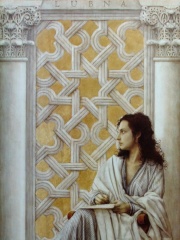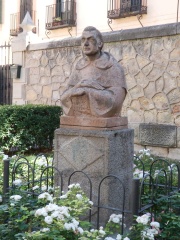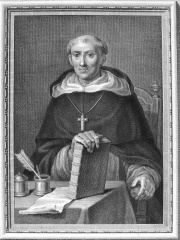Philosopher
Francisco Ferrer
1859 - 1909
EN.WIKIPEDIA PAGE VIEWS (PV)
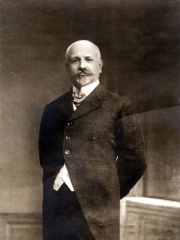
 Francisco Ferrer
Francisco Ferrer
His biography is available in 32 different languages on Wikipedia. Francisco Ferrer is the 433rd most popular philosopher (up from 438th in 2024), the 355th most popular biography from Spain (up from 370th in 2019) and the 18th most popular Spanish Philosopher.
Francisco Ferrer was a Spanish anarchist who was involved in the anarchist movement in Spain. He founded the Escuela Moderna, which was an educational institution that promoted libertarian ideas. He was executed by the Spanish government in 1909.
Memorability Metrics
Page views of Francisco Ferrer by language
Among Philosophers
Among philosophers, Francisco Ferrer ranks 433 out of 1,267. Before him are Jacques Lefèvre d'Étaples, Antiochus of Ascalon, Edward de Bono, Henri-Frédéric Amiel, Daniel Dennett, and John of Salisbury. After him are Moses Hess, Thomas Cajetan, Gautama Maharishi, Peter Sloterdijk, Eudemus of Rhodes, and Shah Waliullah Dehlawi.
Most Popular Philosophers in Wikipedia
Go to all RankingsJacques Lefèvre d'Étaples
1460 - 1537
HPI: 67.57
Rank: 427
Antiochus of Ascalon
130 BC - 68 BC
HPI: 67.55
Rank: 428
Edward de Bono
1933 - 2021
HPI: 67.51
Rank: 429
Henri-Frédéric Amiel
1821 - 1881
HPI: 67.51
Rank: 430
Daniel Dennett
1942 - 2024
HPI: 67.49
Rank: 431
John of Salisbury
1110 - 1180
HPI: 67.49
Rank: 432
Francisco Ferrer
1859 - 1909
HPI: 67.49
Rank: 433
Moses Hess
1812 - 1875
HPI: 67.48
Rank: 434
Thomas Cajetan
1469 - 1534
HPI: 67.47
Rank: 435
Gautama Maharishi
2000 BC - 2000 BC
HPI: 67.46
Rank: 436
Peter Sloterdijk
1947 - Present
HPI: 67.42
Rank: 437
Eudemus of Rhodes
370 BC - 300 BC
HPI: 67.42
Rank: 438
Shah Waliullah Dehlawi
1703 - 1762
HPI: 67.42
Rank: 439
Contemporaries
Among people born in 1859, Francisco Ferrer ranks 26. Before him are Pierre Janet, Hugo Junkers, Alexander Samsonov, Anna Ancher, Alexander Stepanovich Popov, and Venustiano Carranza. After him are Bertha Pappenheim, Peter Altenberg, Diana Abgar, George Washington Gale Ferris Jr., Pavel Milyukov, and Thibaw Min. Among people deceased in 1909, Francisco Ferrer ranks 16. Before him are Peder Severin Krøyer, Grand Duke Vladimir Alexandrovich of Russia, Adelaide of Löwenstein-Wertheim-Rosenberg, Grand Duke Michael Nikolaevich of Russia, Besarion Jughashvili, and Zinovy Rozhestvensky. After him are Emil Erlenmeyer, Carlos, Duke of Madrid, Felice Beato, Princess Maria Teresa of Bourbon-Two Sicilies, Arnold Janssen, and Red Cloud.
Others Born in 1859
Go to all RankingsPierre Janet
PSYCHOLOGIST
1859 - 1947
HPI: 69.17
Rank: 20
Hugo Junkers
ENGINEER
1859 - 1935
HPI: 68.67
Rank: 21
Alexander Samsonov
MILITARY PERSONNEL
1859 - 1914
HPI: 68.55
Rank: 22
Anna Ancher
PAINTER
1859 - 1935
HPI: 68.11
Rank: 23
Alexander Stepanovich Popov
INVENTOR
1859 - 1906
HPI: 68.00
Rank: 24
Venustiano Carranza
POLITICIAN
1859 - 1920
HPI: 67.73
Rank: 25
Francisco Ferrer
PHILOSOPHER
1859 - 1909
HPI: 67.49
Rank: 26
Bertha Pappenheim
SOCIAL ACTIVIST
1859 - 1936
HPI: 67.36
Rank: 27
Peter Altenberg
WRITER
1859 - 1919
HPI: 66.38
Rank: 28
Diana Abgar
POLITICIAN
1859 - 1937
HPI: 66.15
Rank: 29
George Washington Gale Ferris Jr.
INVENTOR
1859 - 1896
HPI: 66.11
Rank: 30
Pavel Milyukov
POLITICIAN
1859 - 1943
HPI: 66.00
Rank: 31
Thibaw Min
POLITICIAN
1859 - 1916
HPI: 65.59
Rank: 32
Others Deceased in 1909
Go to all RankingsPeder Severin Krøyer
PAINTER
1851 - 1909
HPI: 70.41
Rank: 10
Grand Duke Vladimir Alexandrovich of Russia
POLITICIAN
1847 - 1909
HPI: 69.25
Rank: 11
Adelaide of Löwenstein-Wertheim-Rosenberg
COMPANION
1831 - 1909
HPI: 68.24
Rank: 12
Grand Duke Michael Nikolaevich of Russia
POLITICIAN
1832 - 1909
HPI: 68.03
Rank: 13
Besarion Jughashvili
CELEBRITY
1850 - 1909
HPI: 67.88
Rank: 14
Zinovy Rozhestvensky
MILITARY PERSONNEL
1848 - 1909
HPI: 67.54
Rank: 15
Francisco Ferrer
PHILOSOPHER
1859 - 1909
HPI: 67.49
Rank: 16
Emil Erlenmeyer
CHEMIST
1825 - 1909
HPI: 67.12
Rank: 17
Carlos, Duke of Madrid
NOBLEMAN
1848 - 1909
HPI: 66.89
Rank: 18
Felice Beato
PHOTOGRAPHER
1832 - 1909
HPI: 66.69
Rank: 19
Princess Maria Teresa of Bourbon-Two Sicilies
POLITICIAN
1867 - 1909
HPI: 66.67
Rank: 20
Arnold Janssen
RELIGIOUS FIGURE
1837 - 1909
HPI: 66.42
Rank: 21
Red Cloud
POLITICIAN
1822 - 1909
HPI: 66.27
Rank: 22
In Spain
Among people born in Spain, Francisco Ferrer ranks 355 out of NaN. Before him are Blanche II of Navarre (1424), Ali ibn Yusuf (1083), Alfonso V of León (994), Carlos Ruiz Zafón (1964), Al-Qurtubi (1214), and Eleanor of Aragon, Queen of Portugal (1402). After him are Mary of Jesus de León y Delgado (1643), Arturo Pérez-Reverte (1951), Antonio Soler (1729), Miguel López de Legazpi (1502), Charles, Prince of Viana (1421), and Jorge Semprún (1923).
Others born in Spain
Go to all RankingsBlanche II of Navarre
POLITICIAN
1424 - 1464
HPI: 67.63
Rank: 349
Ali ibn Yusuf
POLITICIAN
1083 - 1143
HPI: 67.63
Rank: 350
Alfonso V of León
POLITICIAN
994 - 1028
HPI: 67.62
Rank: 351
Carlos Ruiz Zafón
WRITER
1964 - 2020
HPI: 67.57
Rank: 352
Al-Qurtubi
RELIGIOUS FIGURE
1214 - 1273
HPI: 67.54
Rank: 353
Eleanor of Aragon, Queen of Portugal
COMPANION
1402 - 1445
HPI: 67.49
Rank: 354
Francisco Ferrer
PHILOSOPHER
1859 - 1909
HPI: 67.49
Rank: 355
Mary of Jesus de León y Delgado
RELIGIOUS FIGURE
1643 - 1731
HPI: 67.42
Rank: 356
Arturo Pérez-Reverte
WRITER
1951 - Present
HPI: 67.41
Rank: 357
Antonio Soler
COMPOSER
1729 - 1783
HPI: 67.39
Rank: 358
Miguel López de Legazpi
POLITICIAN
1502 - 1572
HPI: 67.38
Rank: 359
Charles, Prince of Viana
POLITICIAN
1421 - 1461
HPI: 67.38
Rank: 360
Jorge Semprún
WRITER
1923 - 2011
HPI: 67.37
Rank: 361
Among Philosophers In Spain
Among philosophers born in Spain, Francisco Ferrer ranks 18. Before him are Arnaldus de Villa Nova (1240), Juan Luis Vives (1492), Nachmanides (1194), Pompeia Plotina (65), George Santayana (1863), and Francisco de Vitoria (1483). After him are Hasdai Crescas (1340), Luis de Molina (1535), María Zambrano (1904), Lubna of Córdoba (922), Domingo de Soto (1494), and Melchor Cano (1509).
Arnaldus de Villa Nova
1240 - 1311
HPI: 70.69
Rank: 12
Juan Luis Vives
1492 - 1540
HPI: 69.90
Rank: 13
Nachmanides
1194 - 1270
HPI: 69.54
Rank: 14
Pompeia Plotina
65 - 121
HPI: 69.35
Rank: 15
George Santayana
1863 - 1952
HPI: 69.22
Rank: 16
Francisco de Vitoria
1483 - 1546
HPI: 69.04
Rank: 17
Francisco Ferrer
1859 - 1909
HPI: 67.49
Rank: 18
Hasdai Crescas
1340 - 1410
HPI: 66.51
Rank: 19
Luis de Molina
1535 - 1600
HPI: 65.49
Rank: 20
María Zambrano
1904 - 1991
HPI: 64.91
Rank: 21
Lubna of Córdoba
922 - 984
HPI: 62.07
Rank: 22
Domingo de Soto
1494 - 1560
HPI: 62.04
Rank: 23
Melchor Cano
1509 - 1560
HPI: 61.94
Rank: 24
